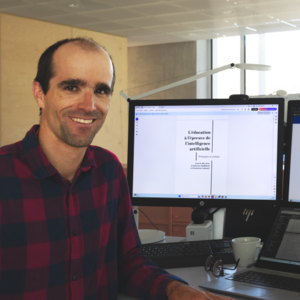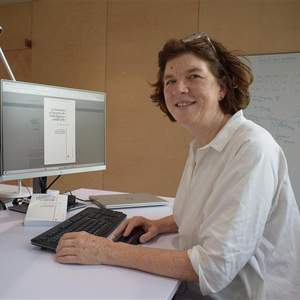The educational field has long been fond of technology. Think of overhead projectors, the Internet, or videoconferencing. Moreover, research on AI in education (AIED) began more than 50 years ago. But it was in the 2010s that AI-driven personalized learning truly took off. Khan Academy, for instance, leveraged large volumes of learning data to adapt content to individual needs.
What’s new today is that the most widely used tools - ChatGPT, Copilot, Gemini, among others - are not specifically educational. And yet, they are flooding classrooms on a massive scale, often without clear guidelines or supervision.







